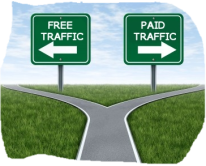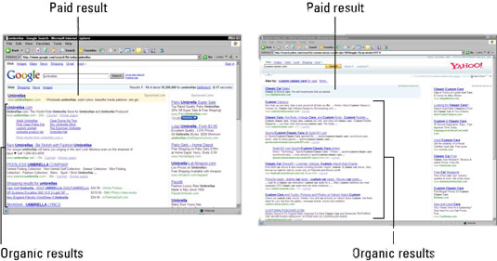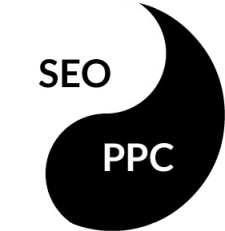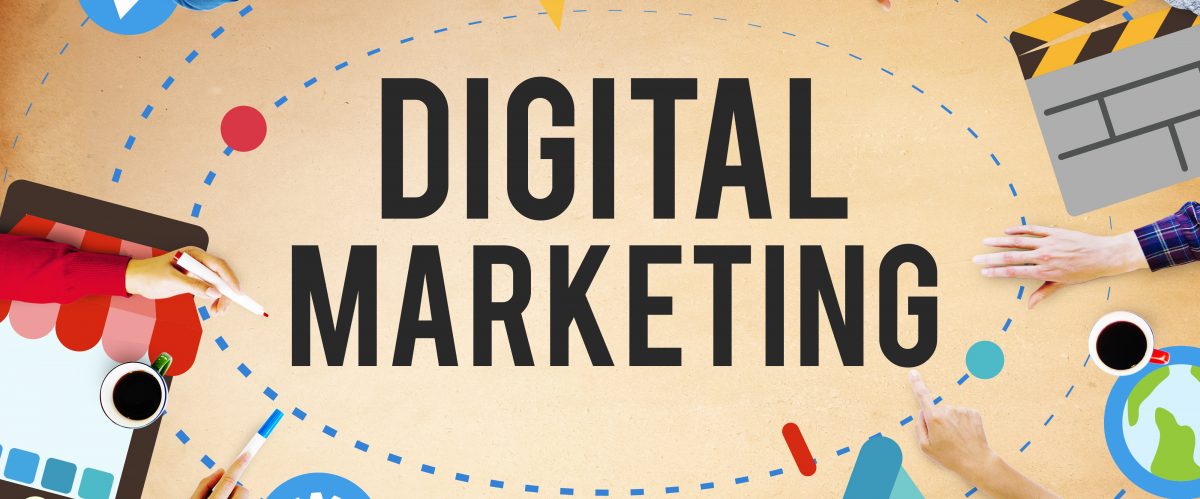There are many different things to consider in digital marketing. A well put together digital marketing strategy is like a well-oiled system that generates revenue for a business. And the fuel for this system is traffic with the two types of traffic being organic (free) or paid.

Of course people use the internet for content. This content can be information (education, news, updates etc.) or entertainment (music, movies etc.). If there is no content on the internet, then there is no web traffic generated in the first place. But a carefully crafted digital marketing campaign, that’s well-researched and nicely-designed, may not bring in all the leads. Why? Not because of content issues but because of a traffic problem.
Understanding your website’s traffic is an important step for the best results. When updating content, you must remember who the audience will be and which offers will entice them. Often, websites see traffic from both paid and organic search. With both of these sources playing a major role in overall website traffic, we must fully grasp each one.
Organic search results are what marketers strive to increase. These are the Web page listings that most closely match the user’s search query based on relevance. Also called “natural” search results, listing high in the organic results is what SEO (Search Engine Optimization) is all about.

Paid results are pretty much advertisements — the Web site owners have paid to have their Web pages display for certain keywords, so their Web page shows up when someone runs a search query containing those keywords. Paid traffic strategies include native advertising, pay-per-click (PPC) campaigns, retargeting ads, social media sites or email list sharing.
Social media and paid ads tend to be traffic generators, but they are not long-term customer creators. The issue with paying for referral, whether it’s through Google, Facebook, or any other website is that the traffic only lasts as long as you are paying. Pull your money, and your traffic stops. When you’re paying for your traffic, it is like renting. You get immediate results, but there is no long-term connection from most of the visitors you get this way. So I feel, paid ads are offering the user a reason to come visit, but not necessarily a reason to come back.
In the short term however PPC for example offers a quick fix to get your brand appearing right at the top of the search results straightaway. When done right, PPC increases your conversions with minimum spend, and can have a huge impact on the quality of your traffic, and how much business your website generates.
With Organic traffic the users mind set is different. They are looking for you, or at least what you sell/offer. When they find you, if you provided an excellent experience, they often come back. If you are an unknown brand, repetitive appearances across results can start to increase brand recognition and brand loyalty. A Webpage may be found consistently, and once found; costumers are more likely to stay. Organic users are your best long-term customers, and they are more likely to return. However it takes time building organic results and creating quality content.
In the long-run, SEO provides a great return, as maintaining a first-page ranking can help to generate clicks and brand awareness.
SEO (Organic) + PPC (Paid)

Diversification is key in my opinion, with SEO and PPC; you can build an instant presence at the top of the search results, while you build your organic listings in the background. Also you can use SEO in your PPC campaigns. Overall, if you are serious about generating extra business online, investing in both SEO and PPC helps to reach your short term and long term business goals.
